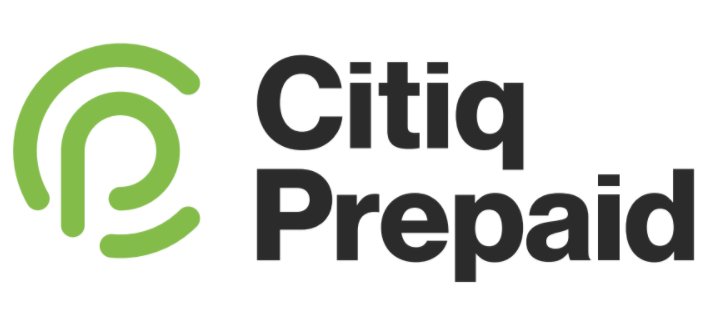The 2020 pandemic has changed the commercial and residential rental markets, possibly forever. The business of renting office space or rooms or homes, or anything shared, was suddenly not a business at all. People recoiled. The market reacted. Household names such as Airbnb, Hertz, Sandton City and the V&A hit the headlines as the virus hit their bottom lines, hard. And, in the case of Hertz, permanently. Now, as restrictions ease and markets slowly recover, the commercial and residential property markets are facing a new future, one that has to adapt in order to thrive in a post-pandemic world.
“In a world and market defined by uncertainty, the property industry is not alone in looking for sustainable answers to complex questions,” says Michael Franze, Managing Director at Citiq Prepaid. “Rental rates, occupancy – these have all dropped significantly. This is further complicated by an increase in vacancies and rental arrears, and even though these numbers are slowly starting to change, the market is in dire need of fresh ideas and approaches.”
The challenge is not just in recouping the losses from arrears and lost business, but in meeting the changing needs of a market that’s rethinking how it lives, works and consumes. On the one hand, retail spaces such as Sandton City and the V&A have seen a loss of earnings due to the impact of the lockdown on tenants. Late payments, lower rental agreements, limited footfall – all these factors have reduced income for leading property groups and spaces. On the other hand, tenants are also changing the way in which they approach rental and spend, not just in the commercial space but in the residential space as well.
“The zeitgeist of the 2020 pandemic is defined by change, awareness and accountability,” says Franze. “People have recognised that there are things they don’t actually need or want in their lives. Spending patterns have changed, approaches to personal safety and wellbeing have fundamentally altered movement and behaviour. It’s the new normal and this means that rental markets have to find a new way of doing business.”
The commercial space of the future is going to be defined by new parameters. Tenants want minimal contact, they want to limit their movement in the world, and they want access to reliable services and solutions. They don’t want to have to expose themselves, or their employees, to multiple touchpoints that could expose them to the virus. They need their premises to be clean, accessible and safe, for everyone. This introduces a new dynamic to the market – how can properties reduce admin and contact while still delivering reliable services?
“One of the areas where people struggle to manage their payments and their usage is utilities,” says Franze. “This is particularly relevant in the commercial space where multiple tenants share a single utility meter and usage has to be divvied up every month. The manager has to physically deliver the statements and manage payments. If there’s conflict or dispute, this can escalate into time consuming engagements that can affect everyone involved. Utilities are already a hot topic in South Africa so one area where a property can change the dynamic is by changing how it approaches utility management.”
Properties should consider looking at solutions such as prepaid sub-meters that allow for tenants to manage their own payments and budgets. These can be installed in multiple areas on one property and reduce the risk of fraud, dispute and, of course, physical contact. Most solutions are completely digital and add that extra edge of efficiency to any given rental space, be it commercial or residential. The world has changed. People are changing. To keep up, the market has to stay fresh and find new ways of solving the problems that tenants don’t even know they have – that way the mark left by the pandemic is one of innovation, not dissolution.

